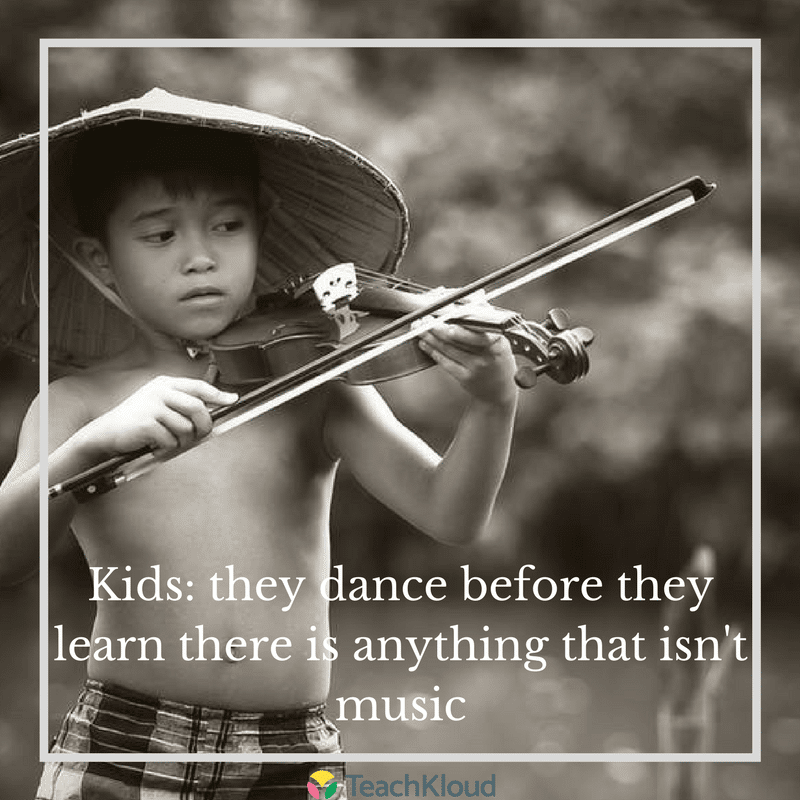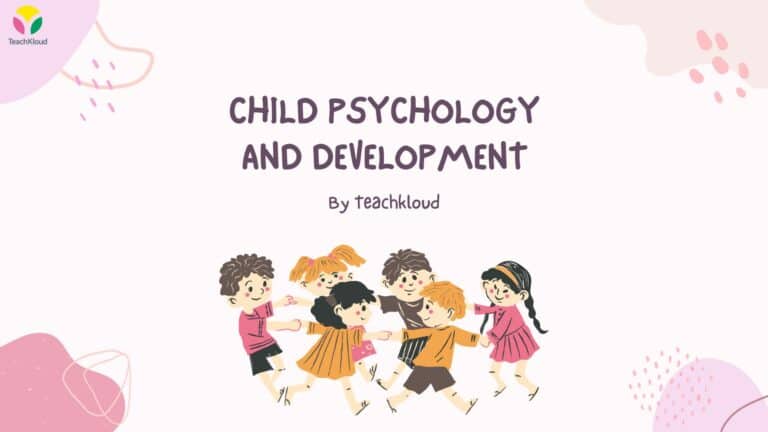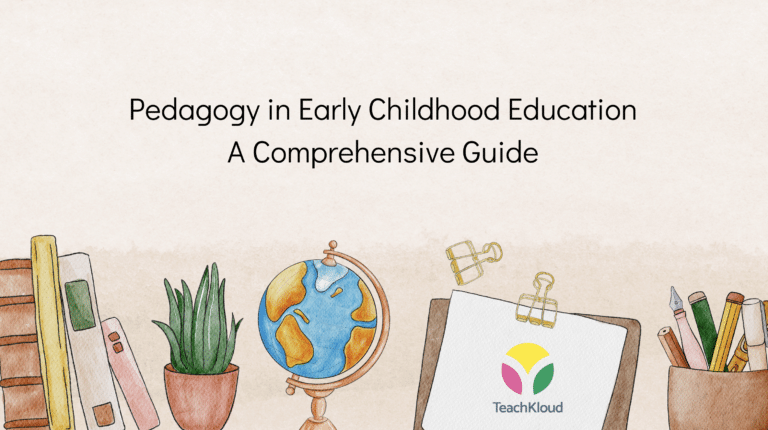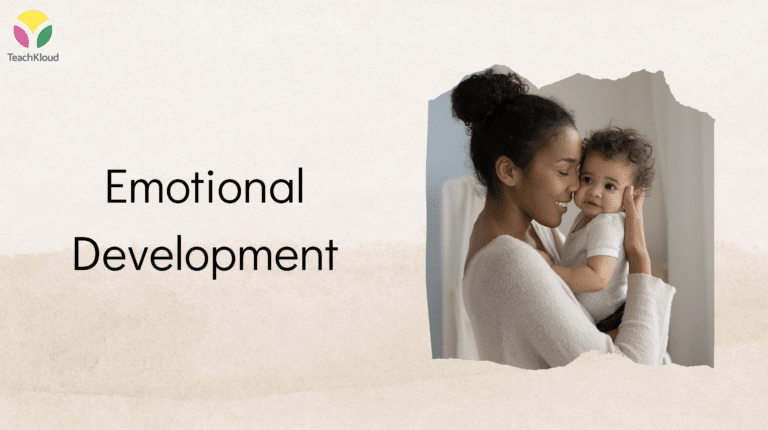By Jo Yawney
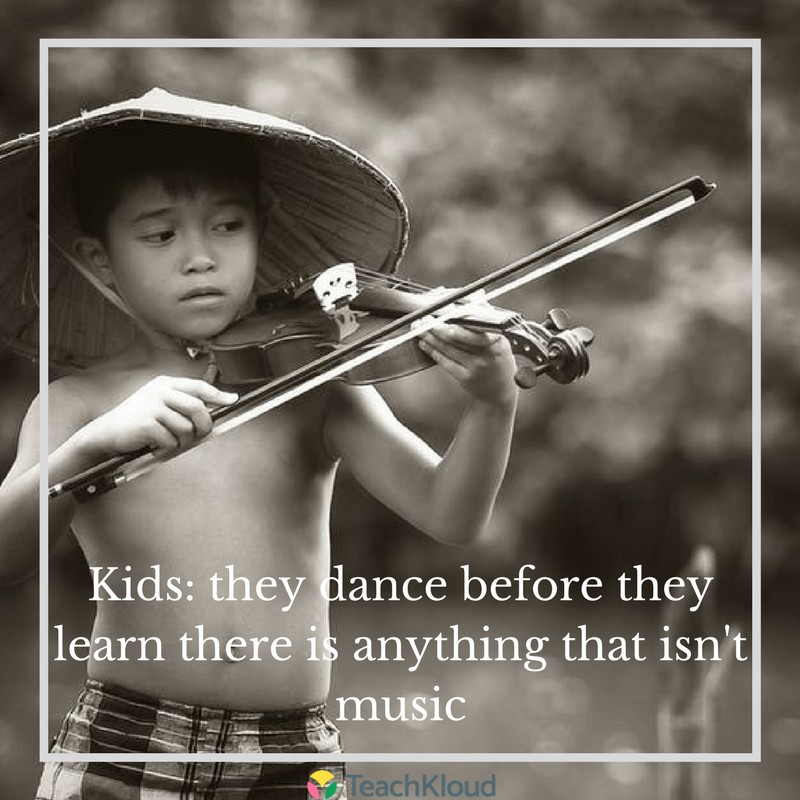
“The education of the musical ear can be most successful if it is begun early in kindergarten and the primary grades, even earlier if possible.” “To be concerned with the kindergarten and its music is not a minor pedagogical matter, but the very building of a nation.” Zoltan Kodaly
Music should have a prominent role in every child’s life, from the toddler on. There is much scientific evidence to prove that exposure to music helps children with their academic studies, with the development of self-confidence and the willingness to co-operate with others. The self discipline, patience and focus required by music training are readily transferred to other activities in which a child participates. A recent article in Today’s Parent magazine quotes: “A University of Toronto study found that 6 to 11 year olds who took music lessons had higher IQ and better grades”. (p.98) Excellent reference books are readily available from public libraries — to name just a few: The Mozart Effect for Children by Don Campbell, Raising Musical Kids by Robert A. Cutietta, Good Music Brighter Children by Sharlene Habermeyer. Also the written works of Zoltan Kodaly, Carl Orff, Shinichi Suzuki and Maria Montessori.
Preschool and Kindergarten are ideal places to introduce children to the structure and language of music. With the many music program cutbacks in the elementary public schools and with so many parents working full time and not available to bring their children to out of school classes, it makes a great deal of sense to encourage preschool teachers to take a course in music education and then offer music during the school day. Music education methods such as Kodaly, Orff, Suzuki, Colourstrings and Kindermusik are most appropriate for very young children. While courses in such methods are a huge benefit, teaching a meaningful preschool music program does not require many music degrees and years of training. It does require a real love of music, a willingness to sing and have fun, an adherence to a proven method and a great deal of patience.
A pre-school music program should be designed to maximize music learning in a child’s early formative years. Teaching music literacy, independent of playing an instrument, is most beneficial. Sequential classes using action and singing games can teach basic rhythms, pitch accuracy, staff notation and music symbols without adding the complexity of lessons on an instrument. The Montessori environment offers a fertile ground for the development of music skills. Many five year old Montessori students can read books and do long division — reading notes on a music staff is much easier! Children just need to be given information in a way that follows similar sequential learning patterns such as those of the Montessori Method. (Interestingly, although Maria Montessori, Zoltan Kodaly and Shinichi Suzuki did not know each other, their methods, based upon keen observation of children, have much in common.)
In my opinion, pre-school music is best taught in small classes where the teacher has the opportunity to get to know each student and to cultivate an environment in which a child can feel secure. Because participating in a musical activity can be a deep emotional experience, nurturing the young child through fun and encouragement is crucial. Often a young child will suppress rather than express emotions. Music can be a great “releaser”. “You simply cannot study music and the arts without feeling joy, happiness, love, tenderness, sorrow, humour and so on, and when we allow these emotions to be a part of the learning process, our education becomes richer, more meaningful, longer lasting, and has a greater impact in our lives.” Good Music, Brighter Children” Sharlene Habermeyer p.11.
Over the years in my Kodaly music classes, I have taught many children who at the beginning were too shy to participate in music games. With gentle guidance and support, these children, almost without exception, developed the self-confidence they needed to feel comfortable in the class. This confidence became ingrained and found expression in their other activities. I also found that hyper-active children often forgot about “acting out” and were much more interested in participating in the activities the rest of the children were doing with me. Music definitely helped balance both behavioural extremes.
Co-operation is an invaluable skill easily fostered through music. In classes, young children learn to wait their turn in games and to respect their classmates. As older children learn to play an instrument, they find that when they play with others there is only one winner — the whole group! No one wins by getting to the end of a piece of music faster than anyone else! Competition loses importance.
What can you, as a parent, do to foster a love of music in your children?
— If at all possible, attend your child’s musical activities. Ask the music teacher for information about the method he or she is using. Request copies of the songs and games the children are doing in class so that it is possible to review and re-enforce at home.
— Carefully observe the rapport between your child and the teacher. A good match is crucial.
— Be there with encouragement when your child practises instrument at home. Playing in a corner by yourself isn’t much fun!
— Arrange playtimes with other children who are involved in music and if appropriate have them “play” together.
— If time permits, join a music class or a choir, learn to read music, take some voice or instrument lessons. (Becoming famous may not be in the cards, but enjoyment is certainly possible!)
— Go to concerts with your children, choosing those which have a child focus or which features your child’s instrument.
— Make use of the fine music programs available online by such networks as BBC, PBS and Knowledge Network — an easy way to “attend” concerts on the sofa with your children.
In conclusion, besides the individual benefits to the developing child outlined above, music classes offer an ideal opportunity to bridge cultural, religious and generational barriers — everyone can find joy in singing and playing. Through music our children can learn to accept others and to embrace diversity. A positive musical environment will also welcome and inspire ongoing artistic growth, recognizing that a strong artistic foundation begins by cultivating an open and safe framework in which one can learn, practice and express oneself. In both private and group instruction, music education should aim beyond the art itself — it should foster tolerance, confidence, individuality, self-expression and joy — enriching children’s experiences from an early age and throughout their lives.
Jo Yawney
www.teacherspayteachers.com/Store/Jo-Yawney www.tunetravels.net
Jo is a Kodaly music educator, violin teacher, presenter and publisher of music education materials with training in Kodaly, Montessori and Suzuki Methods.
